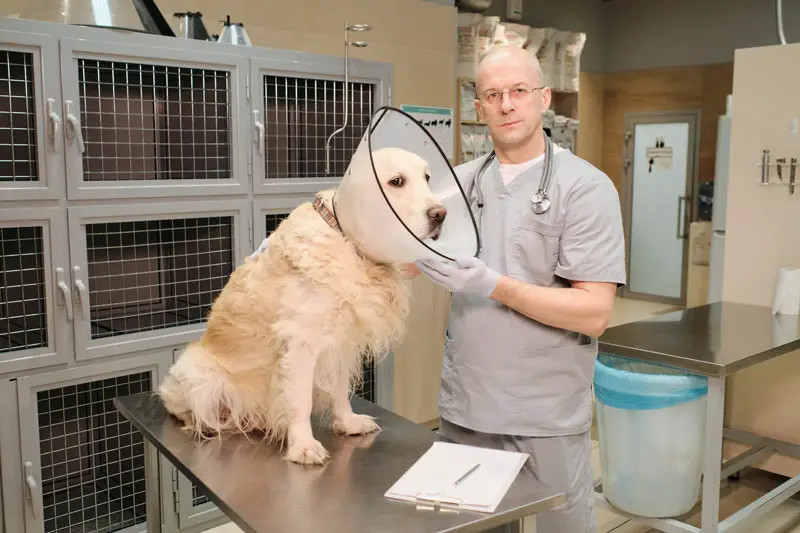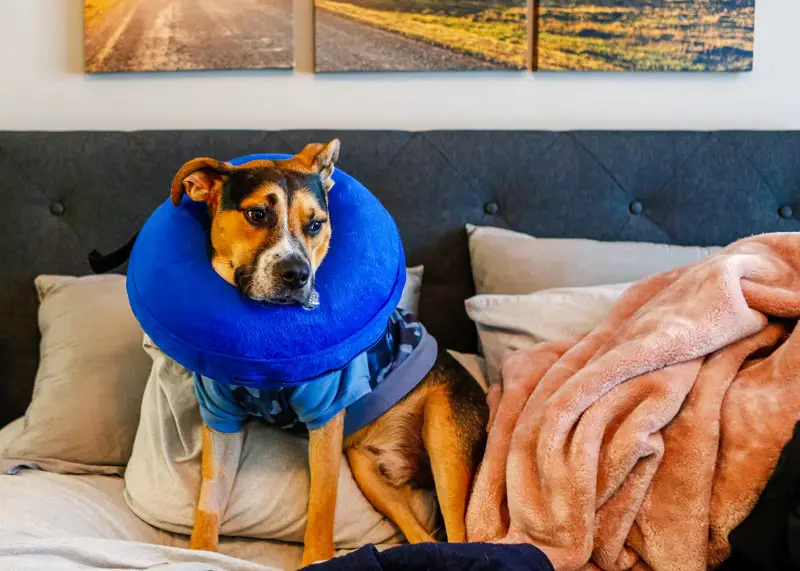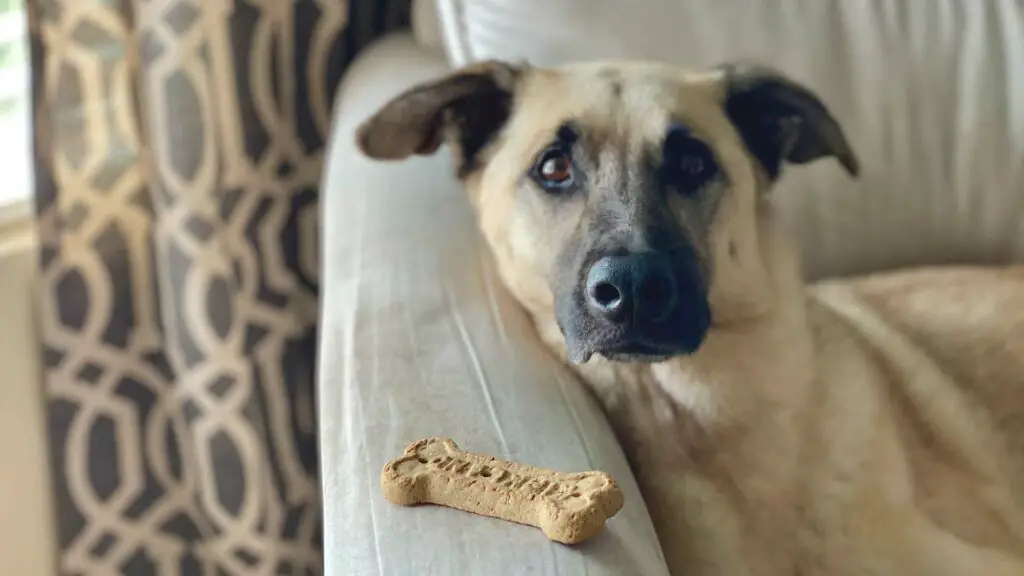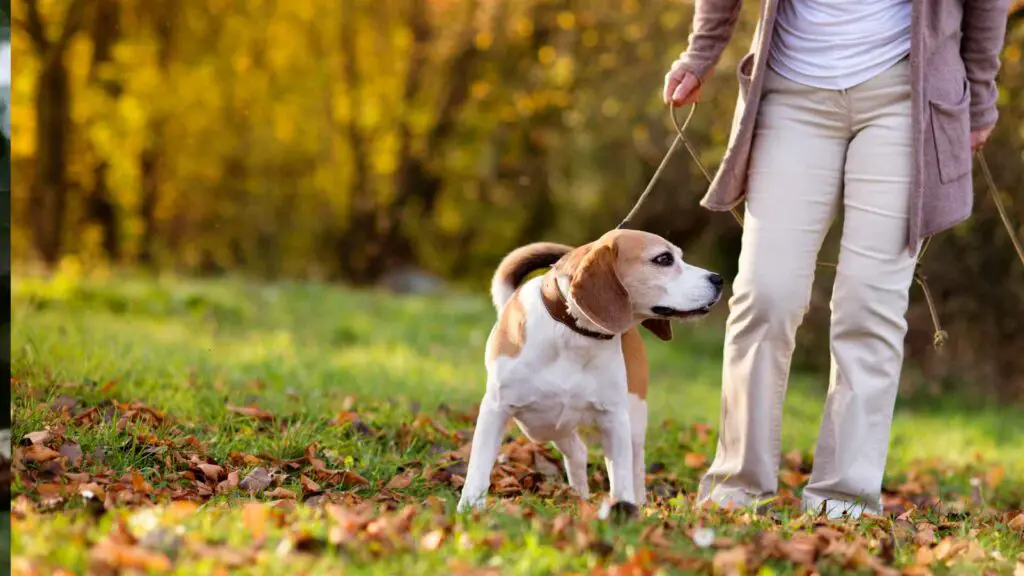Types of behavioral aggression
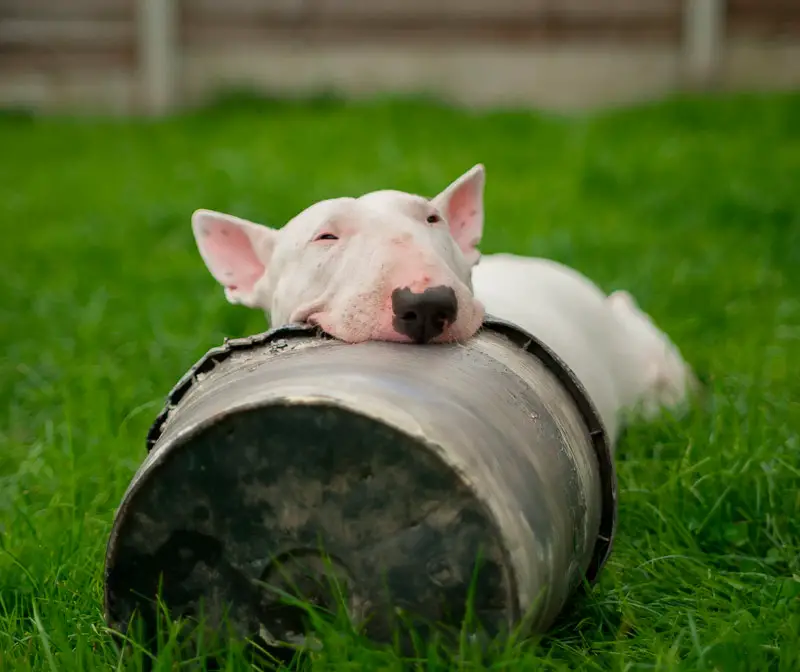
There are various types of aggression that dogs often show; these are unpleasant and can be scary if you have young children. Aggression is usually demonstrated through a variety of actions such as barking, snapping, lunging, growling, snarling, and even biting.
It’s not normal for a calm and loving dog to suddenly become aggressive for no reason, so checking the cause of the aggression before treating it is essential.
Here are the most common types of aggression in dogs:
Frustration
Frustration often occurs in dogs when they’re fighting, and someone tries to stop the fight. It can also be shown when an animal or person tries to stop them from being aggressive to another dog. They can also get frustrated when they’re unable to get something when someone else is interfering. When these behaviors are shown, the dog is affected by redirected aggression and can be seen in puppies or adults.
Leash Aggression
When a dog is attached to a leash and feels restrained, uncomfortable, and frustrated, leash aggression can be shown. The dog often becomes aggressive because they can’t do anything about their situation. If your dog’s aggression is isolated to when they’re being walked, this is a sign of leash aggression.
Fear Aggression
The most common reason dogs develop aggressive behavior is fear, especially towards other dogs. Fear can cause dogs to exhibit aggressive behavior towards other dogs and humans. If a dog feels it can’t escape or is in danger, they often react with aggression. This can be shown through barking violently or growling to scare other dogs away; for example, if you lift your hand like you want to hit them, they may get fearful and react.
Anxiety-Related Aggression
Dogs often experience feelings of anxiety when they’re in a new environment or when they’re around new people. Dogs can react differently to these feelings; research has shown that anxiety can affect all dog breeds regardless of their bravery. Anxiety can also be caused by being separated from family.
Since it’s an unpleasant feeling, it commonly results in aggression. Anxious dogs may end up destroying things or snapping out of fear, so observe your dog and the situations they become aggressive in to see if anxiety can be the cause.
Social Issues
In history, when dogs lived in groups, there were specific rules they had in place to prevent conflicts, such as an alpha male. These rules can also dictate who gets food, where to sleep, or who mates first. The rules are often reinforced via aggression through the stronger dogs. Higher-ranking dogs intimidate the weaker ones to remind them of their status in the pack; this can also be known as ‘status-seeking aggression.’
Social-related aggression is more common in male dogs than females and can be more common if the dog is purebred. This type of behavior develops when the dog is one to three years old.
Food Aggression
Also known as ‘resource guarding,’ food aggression is shown when a dog becomes aggressive when you approach them when they’re eating. This can be projected towards humans or dogs, as the dog tried to protect their meal. This can have links to anxiety and primal instincts of not knowing where the next meal is coming from.
This aggression can be worked on through training methods and repetition. Resource guarding behavior can also be shown when a dog is possessive of a toy, person, or resting spot too.
Sex-Related Aggression
Male dogs often fight over female attention when it comes to mating, so if you own both male and female, you might notice that the weaker male becomes aggressive due to the stronger ones won’t allow them to attract a mate. Again, this links to pack instincts and the dog’s statuses within the pack. Dogs may still exhibit sex-related aggression between males without a female present. This behavior is typical when the dogs are one to three. Due to hormonal instincts, this is often the type of aggression that is most linked to neutering.




